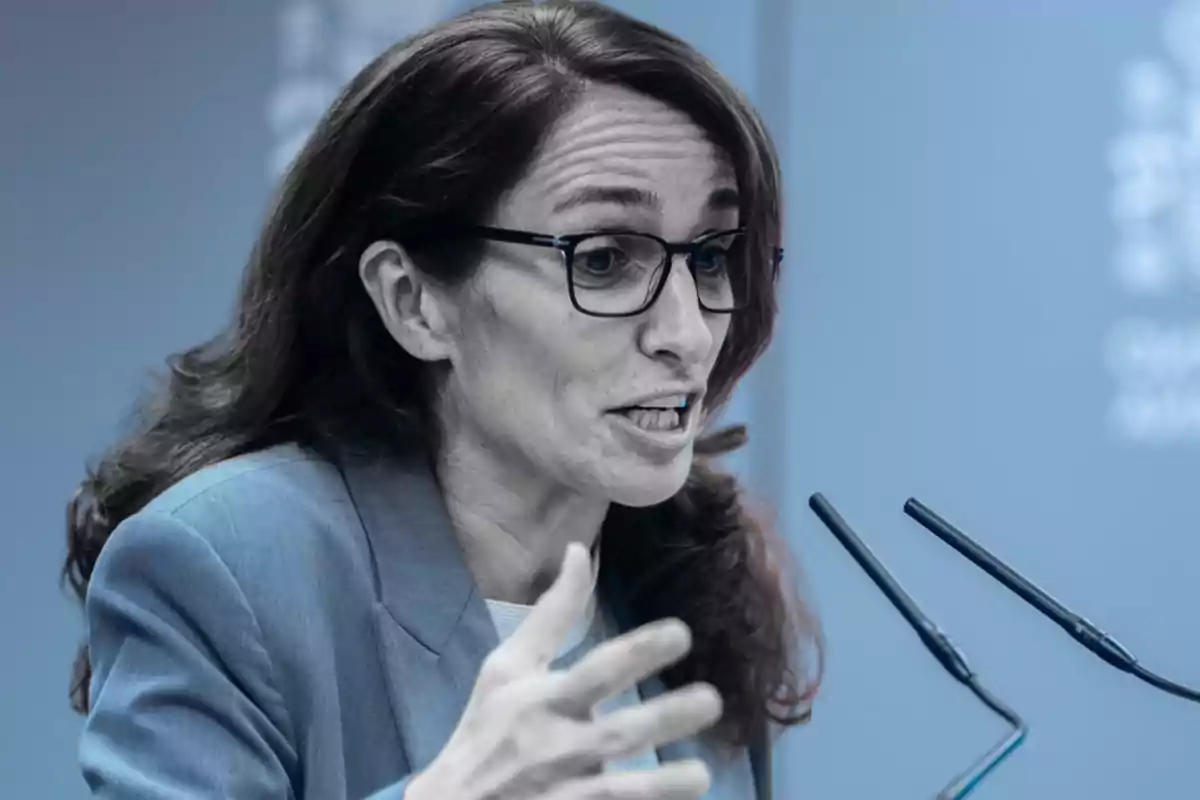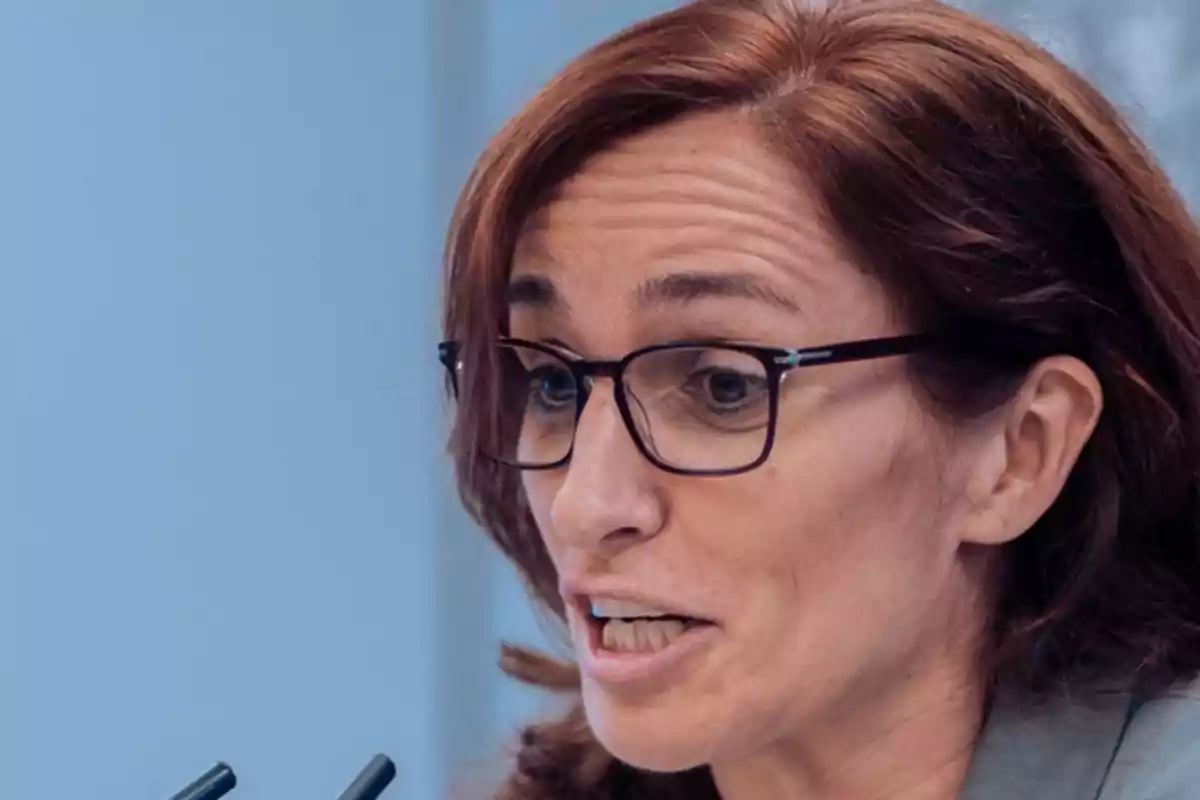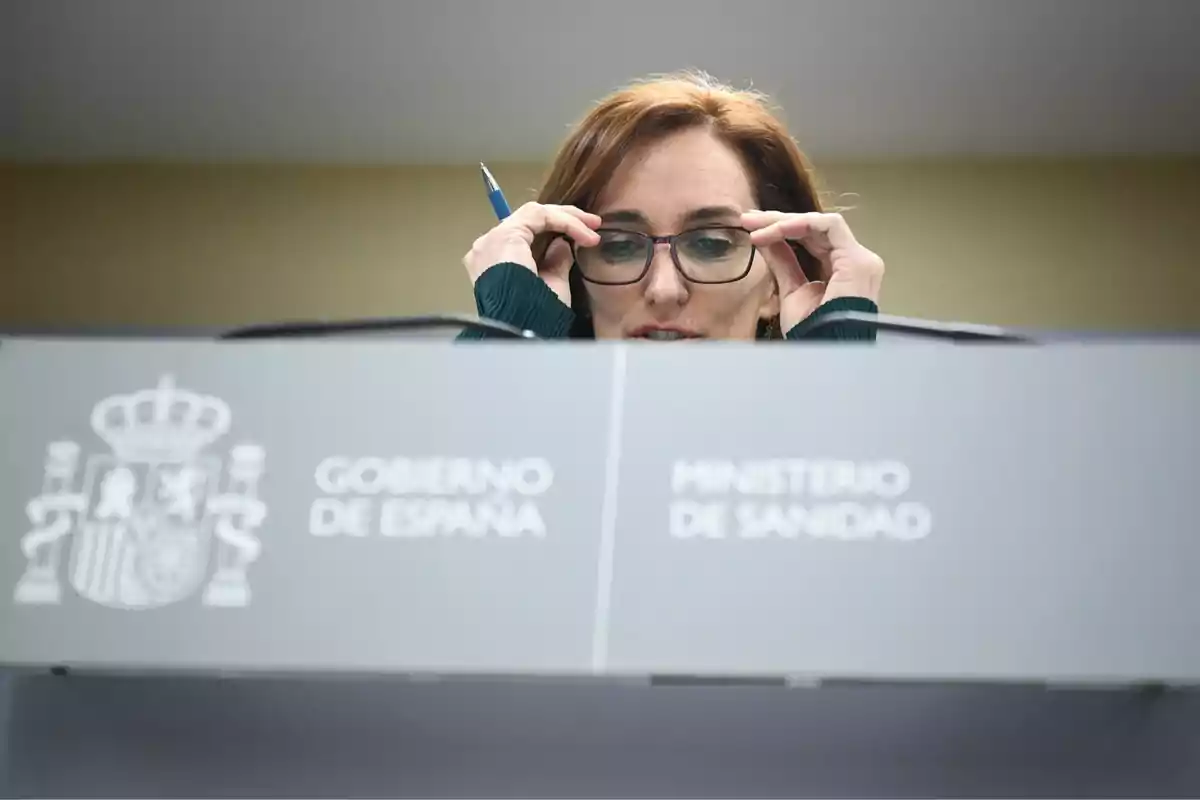
Mónica García on the tightrope: doctors harshly reject her proposals
The controversy worsens with the decision to pay on-call hours below the regular hourly rate, which has been labeled a 'trap' by the unions.
The proposal presented by the Ministry of Health has sparked a wave of criticism among medical unions and professional associations. The draft of the Framework Statute, which regulates the working conditions of professionals in the National Health System (NHS), has been highly controversial.
The main point of conflict is Minister Mónica García's intention to impose measures unilaterally and without consensus with the unions. One of the most controversial proposals is to demand exclusivity from hospital department heads. Additionally, from residents upon completing their specialized training.
For residents, the measure would mean working exclusively in the public sector for at least 5 years, something that has caused great indignation. Criticism hasn't been long in coming, and the Spanish Confederation of Medical Unions (CESM) has pointed out that the measure is detrimental to professionals.
The CESM has claimed that the proposal contains "traps." Like the possibility of extending the workweek to 48 hours, which would harm doctors.

Another measure included in the draft, which reduces on-call shifts from 24 hours to a maximum of 17 hours. Has also been harshly rejected.
The controversy is exacerbated by the decision to pay on-call hours below the regular hourly rate, which has been labeled a "trap" by the unions. The Independent Trade Union and Civil Servants' Central (CSIF) has also expressed its discontent, indicating that exclusivity should be well compensated.
Fernando Hontangas, president of CSIF, emphasizes that the Ministry seeks to impose exclusivity "at zero cost," without adequate compensation for professionals. Medical unions in Madrid, Catalonia, and the Basque Country, such as Amyts, Metges de Catalunya, and SME, have also joined in rejecting the draft.
These unions propose the need for a specific agreement for physicians, as they believe that the conditions of the medical group should be negotiated directly. From the unions, they argue that doctors are a unique profession that should not be regulated globally alongside other groups.

According to union representatives, the Health Ministry's approach lacks logic. As it doesn't take into account the specificities of doctors and their key role in the NHS.
The president of Amyts, Daniel Bernabéu, has denounced that the reform perpetuates injustices in the labor framework of physicians compared to other groups. Rejection is unanimous: the unions demand a general reconsideration of the integration of doctors within the public administration.
They believe that the reform not only affects doctors' working conditions but could also compromise the future of the National Health System. With these proposals, Minister Mónica García faces strong opposition. Which casts doubt on her ability to lead significant reforms in Health.
More posts: